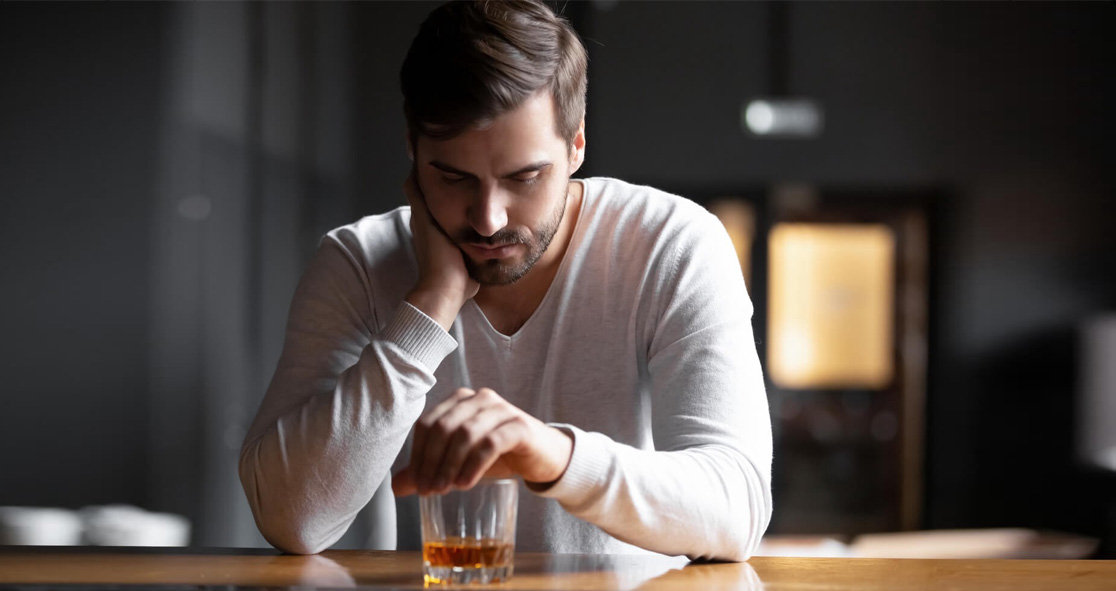Psychologists say that the coronavirus pandemic’s uncertainty and stress, along with disrupted routines, may have encouraged some people to develop drinking habits.
Potential stressors such as financial insecurity, racial unrest, and protests can foster more reliance on alcohol. Besides, alcohol misuse could increase the risk of contracting COVID, as it can impair the immune system, according to the National Institute on Alcohol Abuse and Alcoholism (NIAAA).
It has been found people with drug or substance use disorders are more likely to develop serious COVID illness and experience worse outcomes, according to the American Psychological Association (APA).
Clinical psychologist Laura Kwako, who is a health scientist administrator at NIAAA, said studies have shown that some people progress into heavier drinking habits in the wake of traumatic events, such as hurricanes and other natural disasters, to cope with stress.
However, the pandemic has placed restrictions on social gatherings, which changed up routines in beneficial ways, she explained. “If people were mostly going out to bars and restaurants, it’s likely that their consumption would decrease during that time simply because they’re not doing those things anymore,” she said.
Kwako said early survey data showed that the percentage of people reporting binge drinking increased from 22% in February to 27% in April.
Doctors can help patients by asking them to avoid drinking alcohol and by teaching motivational, cognitive-behavioral, and other techniques for cutting back on alcohol and trying to stay sober, Kwako said.
Denis McCarthy, director of the Missouri Center for Addiction Research and Engagement in Columbia, said, “To the extent that people are drinking at home by themselves and to cope with negative emotions, drink for drink they are going to have more problems and it’s going to be less effective in achieving their goals. And at least early in the pandemic, that was pretty much all of the drinking that was happening.”
Patients who seek therapy should be asked about their alcohol consumption, especially those who are seeking help for anxiety or depression, according to McCarthy. He said, “If there is one question that I’d ask people it is, ‘How much has the pandemic changed your drinking pattern?’”
Kwako said NIAAA offers an online treatment navigator tool that is specifically designed for people seeking help, including medication. Psychologists can help patients through telehealth. For more information on what psychologists have to say about how to overcome alcohol addiction amid the pandemic, visit the APA website.























